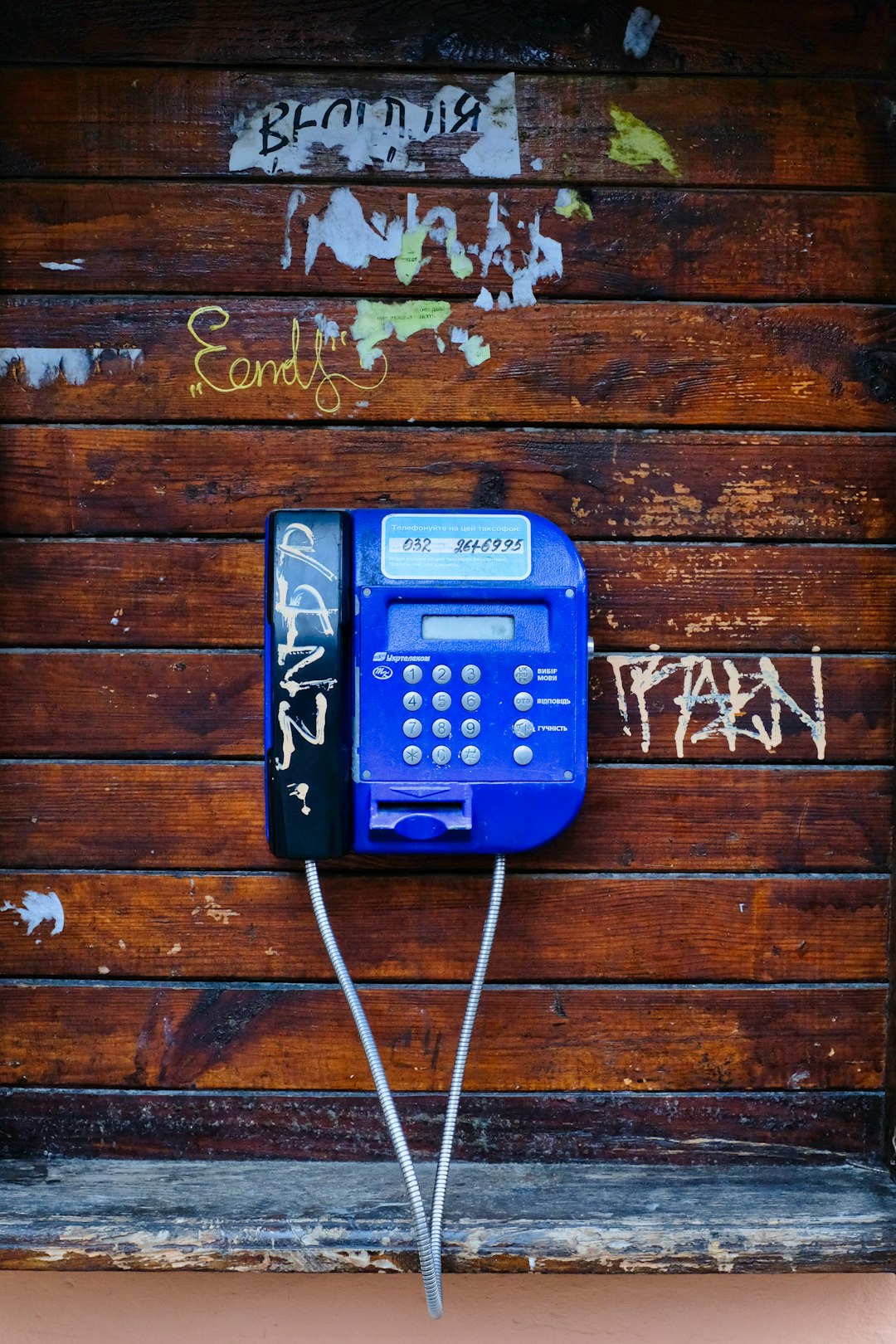Robocalls are a widespread problem in Dover, Delaware, often disguised as scams or telemarketing. State laws restrict automated calls without consent, and residents can take action through legal avenues. A lawyer for Robocall Delaware can guide individuals on their rights, document suspicious calls, and pursue legal options like damages or class-action lawsuits against violators. By reporting unwanted calls to the FCC and local utility commissions, residents contribute to a quieter communication environment while leveraging legal expertise to combat robocalls effectively.
Tired of relentless robocalls disrupting your peace in Dover, Delaware? You’re not alone. This comprehensive guide arms you with knowledge and tools to combat these unwanted calls. We explore the legal framework within Delaware, delving into the role of the Federal Communications Commission (FCC) and outlining steps to identify, report, and combat robocallers effectively. For Dover residents considering legal action, we detail your rights and options, emphasizing the strategic value of hiring a lawyer specialized in Robocall Delaware to navigate this complex landscape.
Understanding Robocalls and Their Legal Framework in Delaware

Robocalls, automated phone calls made by computers, have become a widespread nuisance across the country, including Dover, Delaware. While many robocalls promote legitimate services or products, others are scams designed to trick recipients into providing personal information or making purchases. In response to this growing issue, various legal frameworks have been established in Delaware to protect residents from unwanted and fraudulent calls.
Delaware law, like that of many other states, restricts businesses from using automated dialing systems for telemarketing purposes without prior consent from the caller. A lawyer for Robocall Delaware can help you understand your rights under these laws and guide you through taking action against persistent or illegal robocalls. It’s essential to recognize the signs of a potential scam and know your options for blocking and reporting these calls to contribute to a safer, less cluttered communication environment.
The Role of the Federal Communications Commission (FCC)

The Federal Communications Commission (FCC) plays a pivotal role in regulating telecommunications, including the mitigation of robocalls. As a key regulatory body, the FCC has established rules and guidelines aimed at curbing unwanted automated calls, also known as robocalls. These measures include implementing the Telephone Consumer Protection Act (TCPA), which gives consumers more control over their phone lines by restricting the use of automated dialing systems for telemarketing purposes without prior consent.
In addition, the FCC offers resources and support to help individuals combat robocalls, especially in areas like Dover, Delaware, where a lawyer for Robocall Delaware might be sought after due to persistent intrusions. They provide guidelines on blocking calls, registering with the National Do Not Call Registry, and reporting suspicious or fraudulent calls. By working closely with industry players and consumers, the FCC ensures that telephone users have a safer, more secure communication experience, minimizing the impact of robocalls on daily life.
Identifying and Reporting Robocalls to Relevant Authorities

In the face of relentless robocalls, taking proactive measures is essential. The first step in stopping these unwanted calls is to identify and report them. In Dover, Delaware, residents can play a vital role in combating this issue by recognizing suspicious calls and contacting the appropriate authorities. When you receive a robocall, listen carefully; often, automated systems leave telltale clues through odd call patterns or pre-recorded messages. Note down any details, such as the caller ID, time of call, and the specific content of the message.
Report these incidents to your local public utility commission and consider consulting a lawyer for Robocall Delaware who can guide you on further legal actions. These reports are crucial in tracking and regulating telemarketing practices, especially if the calls violate any state or federal do-not-call regulations. By taking this simple yet effective step, Dover residents can contribute to a quieter, more peaceful communication environment.
Legal Actions Against Robocallers: Rights and Options for Dover Residents

In Dover, Delaware, residents have legal rights and options to combat robocalls. If a resident feels their privacy has been invaded or they’ve received unwanted calls from automated systems, they can take action. The first step is to identify the caller and document the calls, including dates, times, and any recorded messages. This information will be crucial if you decide to take legal action.
Dover residents can file a complaint with the Federal Trade Commission (FTC), which has strict regulations against robocallers. Additionally, consulting with a lawyer for Robocall Delaware can provide tailored advice and representation. Legal options include seeking damages, obtaining injunctions against the callers, or even joining class-action lawsuits if multiple residents have been affected. It’s important to remember that collective action can be more effective in deterring future robocalls and securing compensation for those who’ve suffered harassment.
Hiring a Lawyer for Robocall Delaware: A Strategic Move

If you’re tired of relentless robocalls, considering hiring a lawyer for Robocall Delaware could be a strategic step toward regaining control. Not only can legal professionals provide guidance on existing laws and regulations that protect consumers from unwanted calls, but they can also help you understand your rights and take appropriate action.
Having an attorney on your side can strengthen your case against call centers violating anti-telemarketing laws. They can send cease-and-desist letters, file complaints with regulatory bodies, or even pursue legal action if necessary. This not only stops the robocalls but also sets a precedent and may deter other companies from engaging in similar practices.






